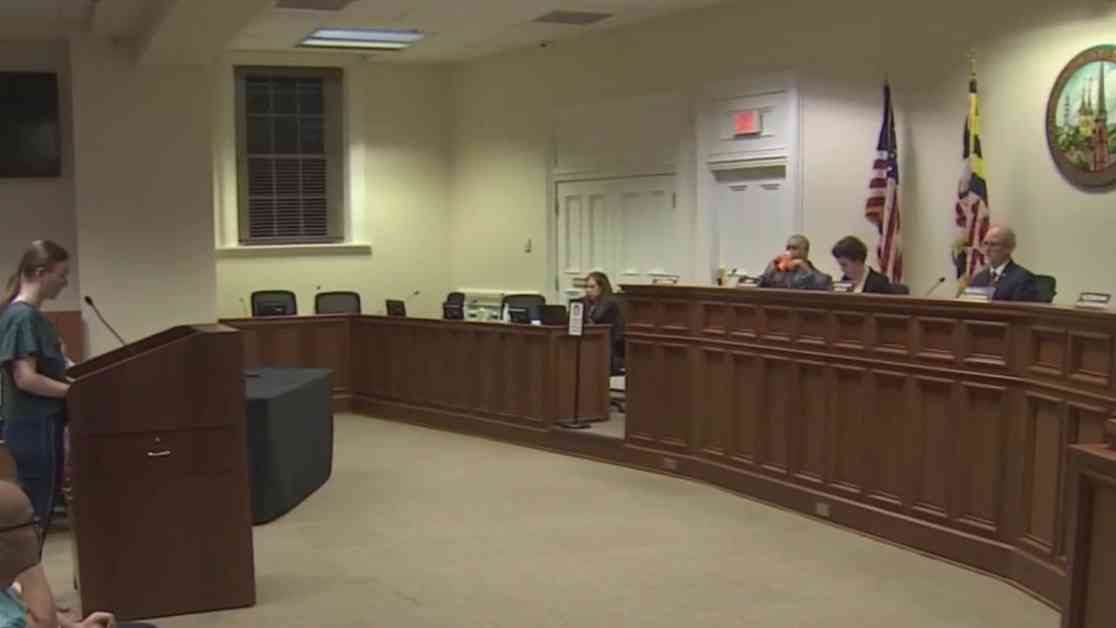The Board of Aldermen in Frederick, Maryland, recently made a significant decision by voting 4-1 to allow non-citizens residing in the city to participate in local elections. This means that thousands of individuals living in Frederick who are not citizens will now have the opportunity to cast their votes in local races, such as for mayor. However, it’s important to note that they will not be able to vote in statewide or federal elections.
This historic move has been met with mixed reactions from the community. Supporters of the policy argue that noncitizen residents are deeply invested in the well-being of their community. They have children in schools, own businesses and homes, and pay taxes, so they should have a say in local matters that directly impact their daily lives, such as trash cleanup, park investments, public safety, and affordable housing.
On the other hand, some individuals have expressed concerns about the decision, believing that allowing noncitizens to vote in local elections undermines the importance of U.S. citizenship. They argue that becoming a naturalized U.S. citizen is a significant process that requires time, resources, and effort, and granting voting rights to noncitizens disrespects those who have gone through this process.
Despite the differing opinions, the new policy will enable just over 6,000 non-citizens in Frederick to participate in the city’s local elections for the first time. To be eligible to vote, individuals must be at least 18 years old and provide proof of residency in Frederick. The next opportunity for noncitizens to exercise their voting rights will be in the fall of 2025, during the city council and mayoral elections.
This decision in Frederick reflects a growing trend in Maryland, as several other cities in the state have already implemented similar policies. It raises important questions about the intersection of citizenship, community engagement, and representation in local governance. As noncitizen residents prepare to participate in the upcoming elections, it will be interesting to see how their voices shape the future of Frederick.
